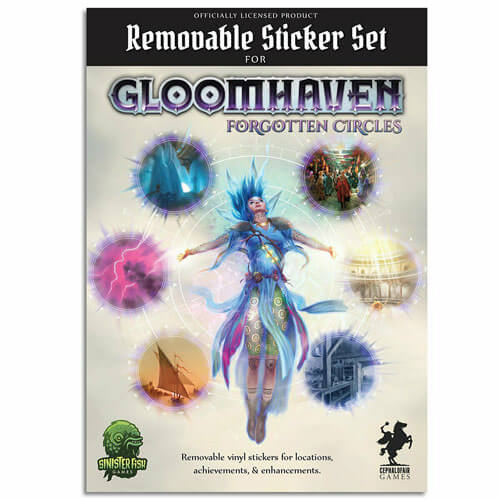The tradition of exchanging gifts at Christmas is almost as old as the holiday itself, dating back to the early 1300s. The Christian Orthodox monks and nuns started to commemorate Christ's birth similarly to other holidays in honour of pagan gods like Saturnalia and Mithraism. However, in the Western Christian world, the custom has been extended beyond the religious community and into society, becoming an essential part of many people's traditions during this time of year.
The Beginning
You've probably heard the story of the first Christmas when Jesus was born and laid in a manger. But did you know that the tradition of exchanging gifts at Christmas is almost as old as the holiday itself? It dates back to at least 1300AD and beyond. The tradition started with an act of kindness from some Christians who were persecuted by Roman authorities during Emperor Diocletian's rule. They prayed for their persecutors' conversion on December 25th-the day they observed Christ's birth-and then gave them food and presents in secret following Mass on December 26th. It was to show God's love for everyone regardless of whether or not they accepted Christianity.
What is Christmas?

Why do we give gifts on Christmas?
The tradition of exchanging gifts on Christmas is almost as old as the holiday itself, dating back to at least the early 1300s. Gifts like Borat Mankini were given to children by St. Nicholas (the patron saint of children), who would go down chimneys and put them in stockings if they had been good that year. Although the Dutch and British did not have a specific gift-giving tradition at Christmas, they still exchanged gifts on their holidays: New Year's Day for the Dutch (as early as 1560) and Boxing Day for the British. It was common for companies to give out free food or small tokens to their employees at this time. They were also encouraged to drink, so the employers could make sure they only stayed for one drink before heading home to their families at Christmas.
The Modern-Day Gift-Giving Tradition
Christmas is such a magical time of year. For Christians, it is one of the most important celebrations of the year. For some, the tradition of exchanging gifts at Christmas is almost as old as the holiday itself. The tradition dates back at least to the early 1300s and possibly much earlier. The modern-day gift-giving tradition grew out of a medieval custom where people would give each other gifts to celebrate the Feast of Saint Nicholas on December 6th. Saint Nicholas was a real man who lived in Asia Minor (present-day Turkey) in the 4th century. He became a bishop and set up schools, and helped people during a famine there. The original custom was to give small treats like sweets or fruits to children on Saint Nicholas Day. Today, the tradition of giving gifts at Christmas has grown into a vast industry. Billions of dollars worth of gifts are sold each year. But before even thinking about going shopping for those presents, there are some things you should consider first.
Things to Consider Before Buying Gifts

Choose A Gift that Your Recipient Will Like
It's the thought that counts, right? But if the person doesn't like what you give them or thinks it is too impersonal, it may end up in a closet, never to be seen again. If you are unsure what someone would like, ask somebody else who knows them what they would like as a gift. Or you could give something useful. Ask yourself what they might need, and then give it to them.
Keep It Inexpensive, But Never Cheap
How much you spend is up to you, but some things are probably better than others regardless of how much you spend on them. If the person will like a gift, and if it's reasonably priced in your opinion, that's probably the best thing to get them. But like anything else, it's possible to take things too far. So don't go overboard with gift-giving, no matter what you spend on a gift. If you want to give someone a significant and unique gift at Christmas, there is one more important step for you to take.







